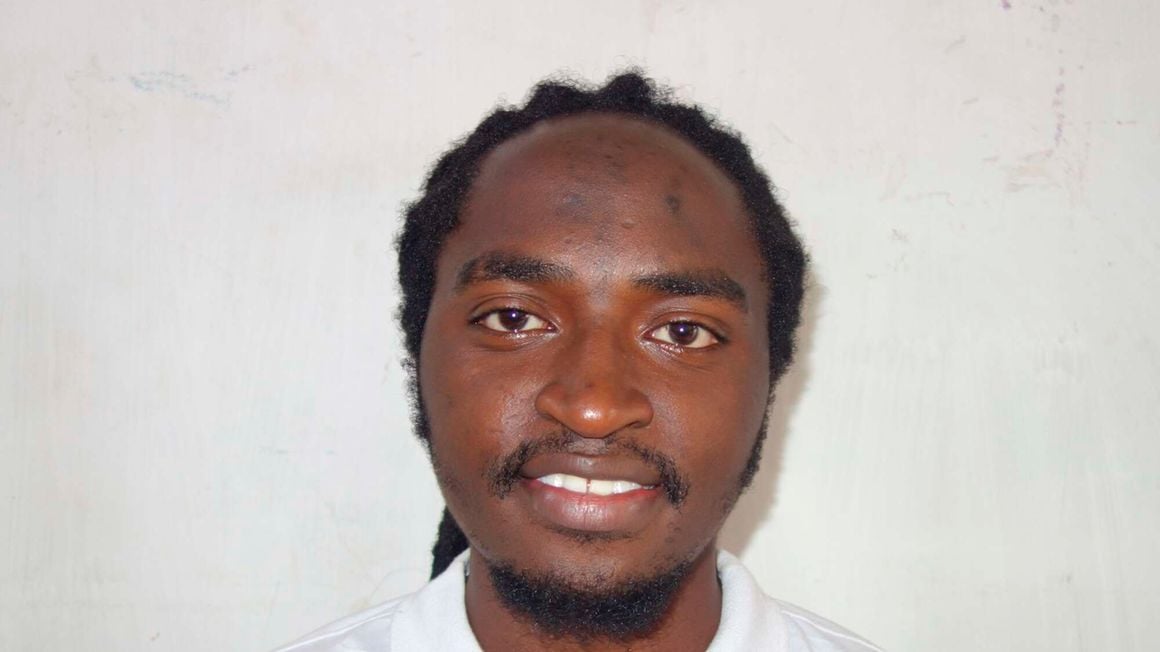
Paul Gacheru and Fred Mulinge founded Finclock as a Bachelor of Mechanical Engineering class project. FILE PHOTO | SHUTTERSTOCK
When Paul Gacheru and his classmate Fred Mulinge undertook a fourth-year Bachelor of Mechanical Engineering class project at the...
Technical University of Kenya in 2017, they didn't have the slightest idea of the heights they would scale with the assignment.Their project involved designing an application (app) to monitor staff attendance records with a view to improving time management.
The endgame was to submit the fully functional app and get a pass on their course.
But it would go beyond that.
“Soon, we started doing attendance apps for organisations as well as government departments and agencies,” says Gacheru, adding, “We did this alongside our school work.”
With time, more businesses started calling. "That’s how it transitioned from being a school project to a business venture,” he recalls of their accidental tech-preneurship journey.
Their first major contract came from a Congo-based security company that needed a system to manage its over 4,000 staff members. They bagged $45,000 (Sh6 million in today's current exchange rates).
Just about that time, Gacheru secured a scholarship to study Computer Science in the US while his partner proceeded to South Africa to pursue a personal mission. Despite the distance, the two kept the communication lines open.
They registered their technology firm Finclock LLC which today has a footing in Kenya, the United Arabs Emirates, and the US.
Finclock, Gacheru says, helps businesses attain global competitiveness through the easing of office processes.
And their product development has much improved since their university days with their latest product, Project Planner, employing artificial intelligence (AI) to help organisations develop their projects much faster.
Project Planner works much the same way as the now popular ChatGPT, but unlike the OpenAI platform, it specifically creates critical documentation draft work for project managers, ranging from project proposals, budgets, project plans, quality checks, task lists, and letters.
Once a user inputs the query with the direct keywords of whatever paper they are looking for, the system generates a draft copy within seconds and gives the option of downloading the document to edit for the user's desired suitability.
“Before we introduced AI, we had a complete project management system that was used for plain functions such as changing the status of the project, assigning people to work, following up on the portfolios that you have and so on,” explains Gacheru.
But they realised there was a need for more advanced technology as a layer to help people do more.
So, what’s the difference between Finclock’s system and ChatGPT?
Gacheru explains that while ChatGPT is tailored for anyone looking for basic information, Project Planner is customised for use by professionals.
“ChatGPT is a system that is made for everyone and one that gives very basic feedback. If you type the same question on ChatGPT and on our platform, OpenAI will give you a result that is not professionally usable. For us, we have moved a step further and professionalised our search results,” he says.
The techie explains that clients using Project Planner just need to download the app or sign up on the web app to access the first 10 credits as a free trial after whose exhaustion they will be required to submit a $25 (Sh3,380) pay for 50 credits every month, where one credit allows you to input one search request.
Asked whether the advancements in technological solutions at the workplace portend a risk for human jobs, Gacheru is blunt.
Finlock co-founder Paul Gacheru. FILE PHOTO | POOL
“Any technology that comes is going to create opportunity and replace some of the redundant processes. A person who learns fast how to use the technology will survive and in fact, grow to replace one who is unwilling to learn.”
So far, the app has attained 1,217 downloads which Gacheru cites as remarkable considering they are organisation-based uses as opposed to individual-centred.
→ kmwangi@ke.nationmedia.com


No comments:
Post a Comment